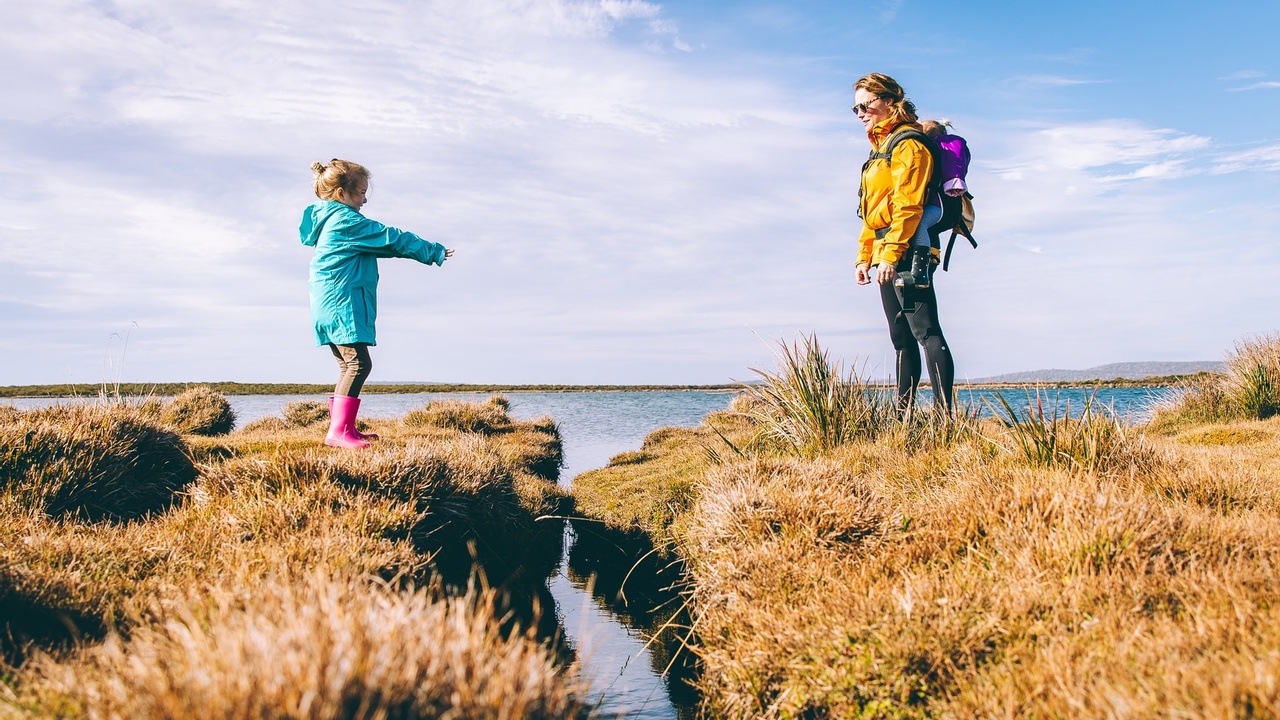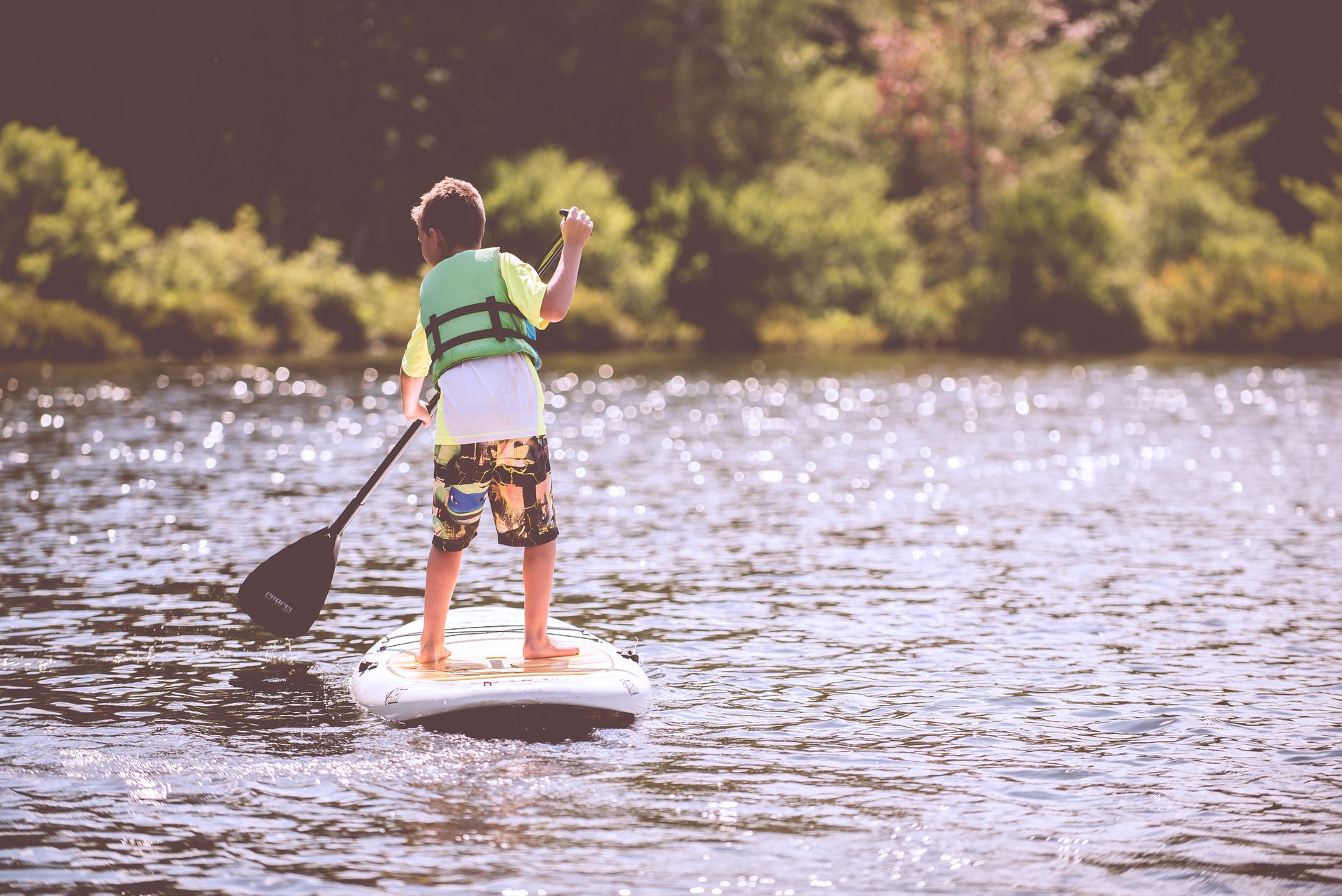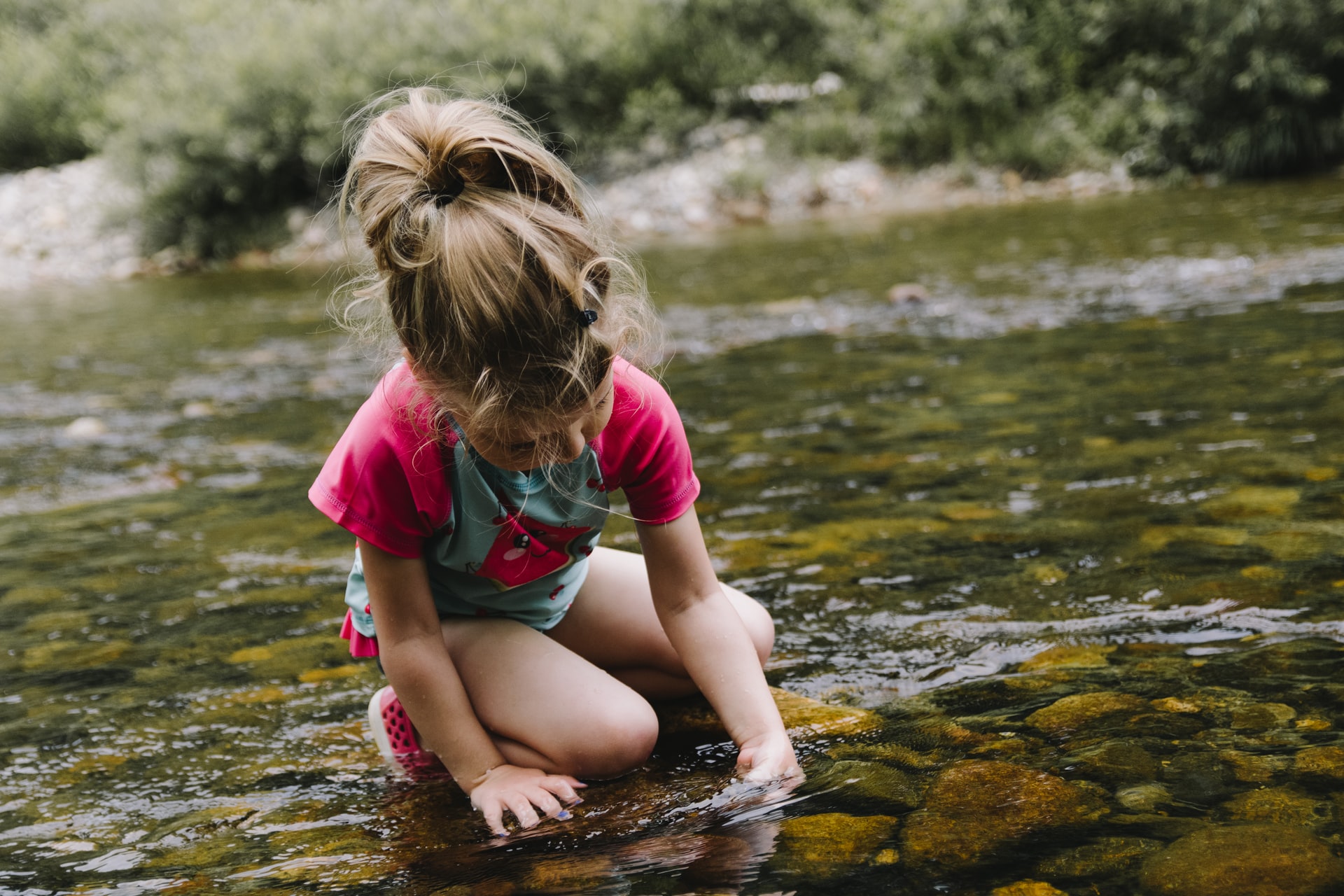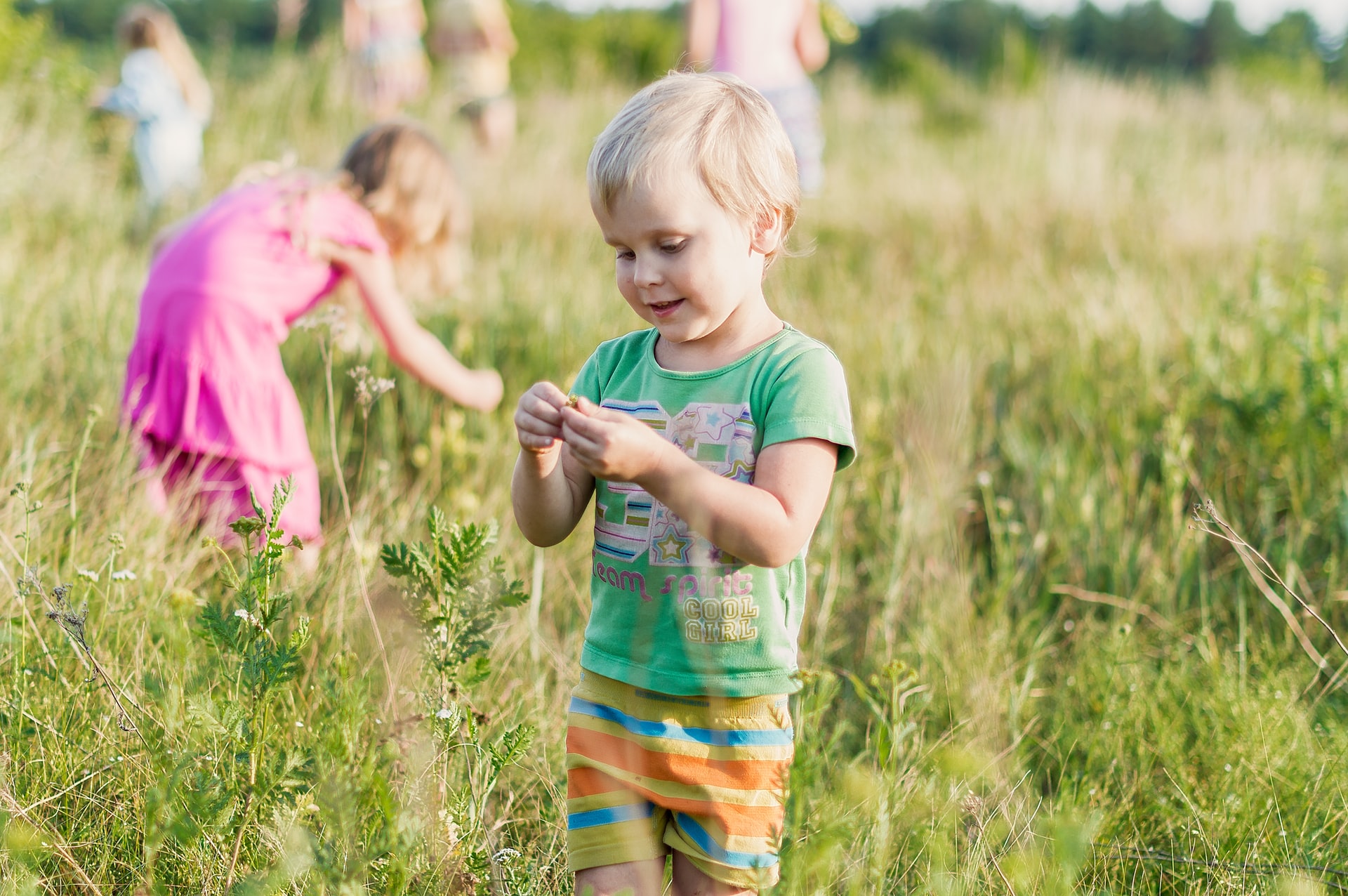Learning about nature - in nature!

Education is one of the most important tools when it comes to protecting the environment and ensuring the health of our planet for future generations. After all, how can we care for the environment if we don’t understand how various environmental components work together to create a well-functioning ecosystem?
As David Attenborough said, “No one will protect what they don’t care about; and no one will care about what they have never experienced.”
Luckily, we have environmental education centres to help facilitate environmental learning for children and adults alike.
Nature education centres bring people together to share memorable experiences and build sustainable relationships with nature as well as each other. These centres provide the public with nature-based programming, outdoor recreation activities, facilities for environmental education, and ample opportunities to engage with the environment and learn something new!
Now, what kinds of nature education centres are out there? And what exactly do they have to offer?
Fort Whyte Alive
One example of a nature education centre is Fort Whyte Alive, located within the city limits of Winnipeg, Manitoba. Fort Whyte Alive is a 660-acre site which contains prairie, lakes, forest, and wetlands, and is situated on a reclaimed clay mine and cement factory. While the site was originally concerned with wildlife conservation, Fort Whyte Alive’s focus has now shifted to environmental education.
There is no shortage of activities for people of all ages at Fort Whyte Alive. Some of the many options include hiking along their 7km trail, bird watching, spotting wildlife, visiting the farm, fishing, canoeing, and skating, skiing, and tobogganing in the winter. Whether you visit Fort Whyte Alive solo or as a family, these activities are fun for all!

In terms of education, there are plenty of guided tours which aim to educate visitors about the history, culture and nature associated with the region. For example, the Prairie Legacy tours allows visitors to discover how bison influenced the history of Manitoba and their importance to Indigenous Peoples. Visitors can also take part in a foraging workshop in order to learn how to identify, harvest, and prepare wild food.
Fort Whyte Alive makes an effort to provide learning opportunities that are tailored to children. For example, seasonal day camps, Forest School, overnight experiences, and school daytrips are all available to help connect children with nature and educate them on the natural world and the importance of supporting ecological sustainability. These programs are focused on providing a foundation for the next generation of strong, science-based environmental stewardship.

Attenborough Nature Reserve and Centre
The Attenborough Nature Reserve and Centre is a nature education centre which is located in Nottinghamshire, England. This reserve was established by Sir David Attenborough, the well-known naturalist and broadcaster.
Similar to Fort Whyte Alive, the Attenborough Nature Reserve and Centre is a reclaimed site. The site was originally used as gravel pits up until 1967. Since then, the site has been restored as a wetland and nature reserve.
Through the centre, programs provide fun and educational activities for families and children. These include activities like discovering habitats, arts and craft sessions, and exploring the many outdoor trails.

Much like Fort Whyte Alive, there is a strong focus on educational and immersive activities for children and young people. Specialized outdoor sessions are available for children aged 2-4 years old, children aged 4-8 years old, and young people aged 13-19 years old. These sessions include games, wildlife workshops, nature art, and nature stewardship activities that are tailored to each age group.

What are the benefits of nature-based environmental education?
- Getting outdoors and having the opportunity to learn hands-on is a great way to encourage enthusiasm for learning. When it comes to environmental education, being able to see, smell, and touch the environment you are learning about helps to facilitate understanding and apply knowledge to the real world.
- Group environmental education activities provide opportunities for collaboration and teamwork. These skills are essential when it comes to addressing environmental issues.
- Taking part in nature activities is a great way to not only stimulate your mind, but get physically active as well!
- Nature is the perfect classroom, as all the mental benefits we experience from being outdoors and connecting with nature help to enhance our sense of personal wellbeing, calm and natural curiosity.
- Learning about the environment helps us all to understand how our decisions and actions affect the environment, and what we can do to minimize our environmental footprint and address complex environmental issues.
- Learning through hands-on activities and immersion in nature is fun! More often than not, enjoyable and stimulating activities outdoors improves our desire to learn and retention of information. And of course, having fun and enjoying ourselves is essential to our wellbeing!
So, is there a nature education centre near you? Perhaps you can plan to get out there this weekend, with kids, or a group of friends for some quality time learning about and enjoying nature. It is a great way to spend the day!

While you are there, be sure to consider how you can support their work all year long by becoming a member or simply signing up for their newsletter. It feels really good to be learning while supporting nature education for children.
Stay connected with news and updates!
Join my mailing list to receive the latest news and updates. Your information will not be shared.

